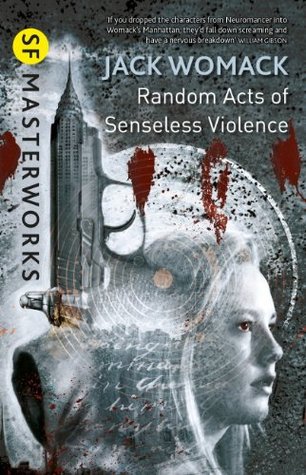The Incorruptibles mixes a huge variety of aesthetics:
Seriously. This is a 19th-century-style universe where Romans.... pardon, 'Rumans', have conquered much of the world, and are in perpetual competition / conflict for dominance with the Chinese empire. We follow a bunch of Romans on their demon-powered riverboat as they travel, accompanied by our narrator and his friend, the cowboys / scouts. They encounter Injuns... pardon: natives (who have superpowers: unnatural healing, speed and strength, and who are extra tall). Their technology (guns and steam) is powered by demons...
This book throws a gazillion genres together (if Joss Whedon can do cowboy space opera, why not a steampunk Roman demonic horror story with elves?). Unfortunately, it does not throw them together in a particularly interesting story. The characters are fairly boring. The story spends an awful lot of time lacking direction. There is action, but not much tension, for much of the book. And ultimately the genre combo seems overly contrived. This book, with a super promising cover and exciting blurbs, sadly does not deliver the joy it promises.
Rating: 3/5
- Steampunk (think Jules Verne and HG Wells inspired retro scifi)
- Riverboat Journey in the US (think Huck Finn)
- Western
- Romans
- Demons & Possession Horror
- Elves
Seriously. This is a 19th-century-style universe where Romans.... pardon, 'Rumans', have conquered much of the world, and are in perpetual competition / conflict for dominance with the Chinese empire. We follow a bunch of Romans on their demon-powered riverboat as they travel, accompanied by our narrator and his friend, the cowboys / scouts. They encounter Injuns... pardon: natives (who have superpowers: unnatural healing, speed and strength, and who are extra tall). Their technology (guns and steam) is powered by demons...
This book throws a gazillion genres together (if Joss Whedon can do cowboy space opera, why not a steampunk Roman demonic horror story with elves?). Unfortunately, it does not throw them together in a particularly interesting story. The characters are fairly boring. The story spends an awful lot of time lacking direction. There is action, but not much tension, for much of the book. And ultimately the genre combo seems overly contrived. This book, with a super promising cover and exciting blurbs, sadly does not deliver the joy it promises.
Rating: 3/5



